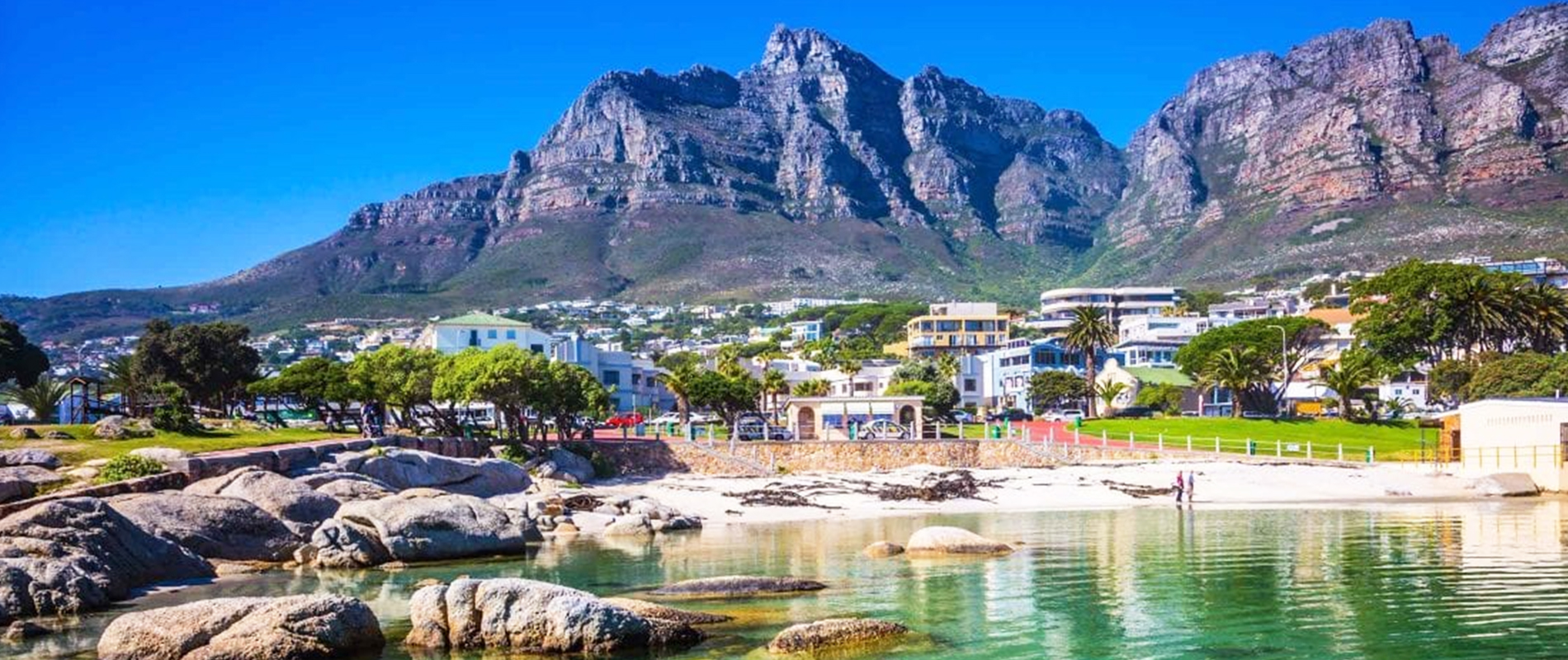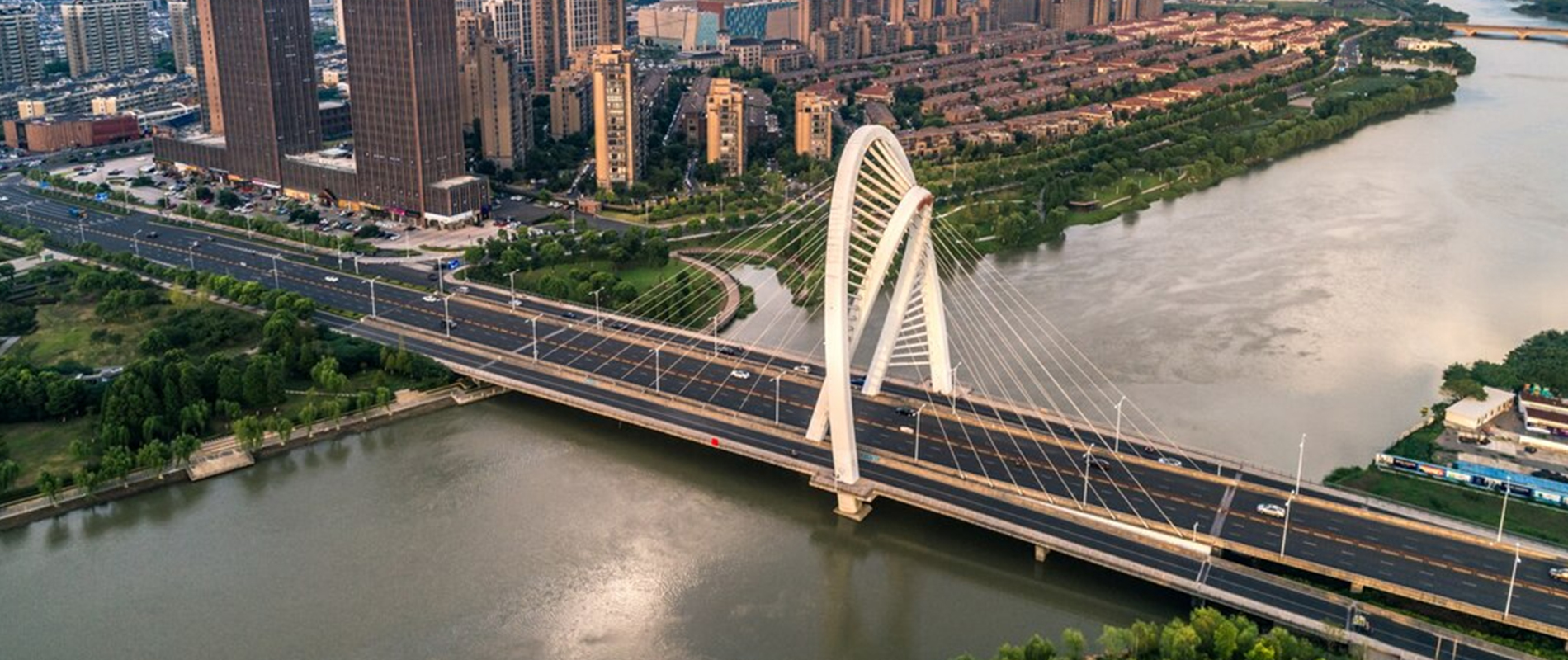March through May and September through November are the ideal times to visit Cape Town because of the beautiful weather and lower tourist volume. With temperatures between 68 and 77°F, this time of year offers perfect weather for outdoor exploration and beach activities. With the extra bonus of cheaper travel and lodging, these months are also excellent for wine sampling and visiting exciting festivals.The temperature reaches the high 70s to mid-80s Fahrenheit throughout this period. Furthermore, the Western Cape's natural beauty withers in the heat and desiccation due to the arid circumstances caused by minimal rainfall.
Warm summer temperatures in February make it ideal for hiking in the Kirstenbosch National Botanical Garden, drinking wine in the neighboring Cape Winelands, and taking in the vibrant Cape Town Carnival.
Temperatures between 15 and 25°C (59 and 77°F) mark the return of summer. Enjoy beach days in Muizenberg and Llandudno, celebrate New Year's Eve with breathtaking fireworks at the V&A Waterfront, and take advantage of the holiday season activities that December offers.
In Cape Town, summertime brings gorgeous, bright days and the opportunity to enjoy the wind. For lovers of water sports, the ocean becomes the ultimate adventure playground. Adrenaline lovers now have a fantastic cause to look forward to Cape Town's summer.
Whether you want to dive among the marine creatures, kayak with African Penguins, snorkel with Cape Fur Seals, or go whale-watching from a boat, there is an ocean experience for everyone in the summer.
The Mother City, the City of Cape Town, is seen in a new light during the winter months of June through August. It is gentler, slower, and more charming. Imagine less tourists, gorgeous afternoon light, top-notch eateries with seasonal menus, and the ideal setting for enjoying red wine by the fire at Atzaró Cape Town. At the same time, Southern Africa's safari season is at its height. Thus, the bush warms as the coast cools.
Because of its Mediterranean climate, Cape Town experiences warm, refreshing winters. There is a combination of sunny, crisp days and some drizzle, with average temperatures between 11°C and 18°C (52°F and 65°F). The city has a serene, reflective vibe, the skies may be dramatic, and the mountains turn a luscious green.
Cape Town's Top Winter Activities The top winter activities in Cape Town
In Stellenbosch and Franschhoek, wine tasting is frequently accompanied by roaring fireplaces and unique winter dinners.
Peak activity for whale watching at Hermanus or False Bay begins in July.
Leading hotels and health retreats provide spa days.
Beautiful wintertime coastal drives via Chapman's Peak or to the Cederberg
Discover the city's boutique galleries, the Norval Foundation, and Zeitz MOCAA.
Cape food is featured on the menus of seasonal restaurants, which are ideal for dining by a fire.
The chance to experience the finest of both cozy inside living and thrilling outdoor exploration is one of the best things about traveling to Cape Town during the winter. Nothing is off limits, from hiking, paragliding, surfing, shark cage diving, and outdoor exploration to visiting some of Cape Town's most famous restaurants, art galleries, museums, theaters, and performing art venues! In the winter months in Cape Town, you can really enjoy the best of both worlds.
According to the survey, the average daily expenditure of budget travelers in Cape Town is $93 (R1,639), mid-range travelers spend $176 (R3,111), and luxury passengers spend approximately $446 (R7,908). Visas are not required for visitors or business travelers staying in South Africa for 90 days or less. Transiting U.S. citizens who don't go over the 90-day restriction are also eligible for this waiver. However, depending on your travel purpose and duration, you will need a visa for non-tourist and non-business stays, as well as stays longer than ninety days. Visas are not required for visitors from specific nations. Airlines are required to require visas before allowing passengers to board, and visas are not granted at South African ports of entry. The amount that will be charged for the Visa Visas for Tourists (T) US$100 for a single or multiple entry fee for up to one year
Visas for Business Entry Visas (X): Up to 6 months/Single or Multiple Entry: FEE US$ 80; Up to 1 year/Single or Multiple Entry: FEE US$ 120
Work for up to six months, with a single or multiple entry fee of $120 USD
Student Visas (S): Free for multiple entries; valid for the length of the course or five years, whichever is shorter.
Watching the sun set from the summit of Table Mountain is one of Cape Town's most captivating sights. The skies light up with brilliant colors as the day draws to a close, making it the ideal backdrop for a memorable get-together with friends or a romantic evening.
Cape Town is a breathtaking sight, with its towering mountains and stunning ocean views. Sometimes referred to as the Mother City, this is the core of South Africa's cultural legacy, offering a unique combination of traditional and contemporary study.
With its breathtaking surroundings and array of cultural activities, Cape Town offers visitors a truly unforgettable South African experience. While there are numerous opportunities to actively interact with the neighborhood and the environment, just strolling along the shoreline can be enjoyable.With good cause, Table Mountain is one of Cape Town's most recognizable landmarks. In addition to providing a wealth of recreational activities, this flat-topped mountain gives the greatest views in the city. As you visit Cape Town's many neighborhoods and landmarks, you'll undoubtedly see the mountain, but it's better to get up close and personal with this well-known location.
If nothing else, the good energy makes a walk along the Sea Point Promenade worthwhile. Joggers, cyclists, dog walkers, and a host of other happy people frequent this neighborhood favorite. In addition to the many pieces of art on exhibit, both locals and visitors love taking in the views of the coast.
Kirstenbosch, one of the most exquisite botanical gardens on earth, offers an intriguing overview of a number of South Africa's biomes. With Table Mountain in the background and the opportunity to see local wildlife, this is the ideal location for a hike. For a more escorted experience, you can also go on a tour of the gardens.
There are other ways to learn about Cape Town's remarkable creative potential, but the Zeitz Museum of Contemporary Art Africa (MCAA) provides a compelling introduction to the city's modern art scene. You're encouraged to visit local galleries in many artistic communities.
Muizenberg: Take in the vibrant huts at one of Cape Town's most renowned beaches, Muizenberg, which is also a well-liked surfing location in the area. The warm, shallow waters are popular with tourists of all ages.
You will miss out on a significant aspect of this lively city if you simply visit during the day. Cape Town comes alive after nightfall.
One of the most well-known and vibrant places to spend an evening is Long Street, which stands out for its Victorian architecture.
Here is a list of the most well-known street meals in Cape Town, along with some of the greatest street food options, because the city is a delicious mashup of many cultures.
1. Chow Bunny
2. The Gatsby
3. Rolls of rice paper
4. The Braai
5. The Chakalaka
6. Bredie the tomato
7. Koeksister
8. Ramen
9. Sushi
10. Bobotie
The fastest way for visitors to get to Cape Town is with By Air Airways. The Cape Town International Airport is around 20 kilometers from the city center and serves a wide range of local and international flights every day. On a domestic level, this airport provides regular shuttle service to nearby cities like Port Elizabeth, Johannesburg, Bloemfontein, and Durban. Cape Town has excellent connectivity to international destinations like Istanbul, Doha, Amsterdam, Dubai, Singapore, and Paris. Once reaching the airport, travelers have the option of taking a taxi or a bus to get to their destination.
By Train Cape Town has excellent rail access to South Africa's other main cities. Cape Town Railway Station, the city's main train station, is roughly two kilometers from the city center. Every day, trains travel to places like Kimberley and Pretoria. Regularly running between Pretoria and Cape Town is the Blue Train, a luxurious train that provides relaxation for visitors. With breathtaking scenery along the route, this trip typically lasts about 27 hours. Additionally, Cape Town has connections to other major cities like Pietermaritzburg, Bloemfontein, and Durban.

